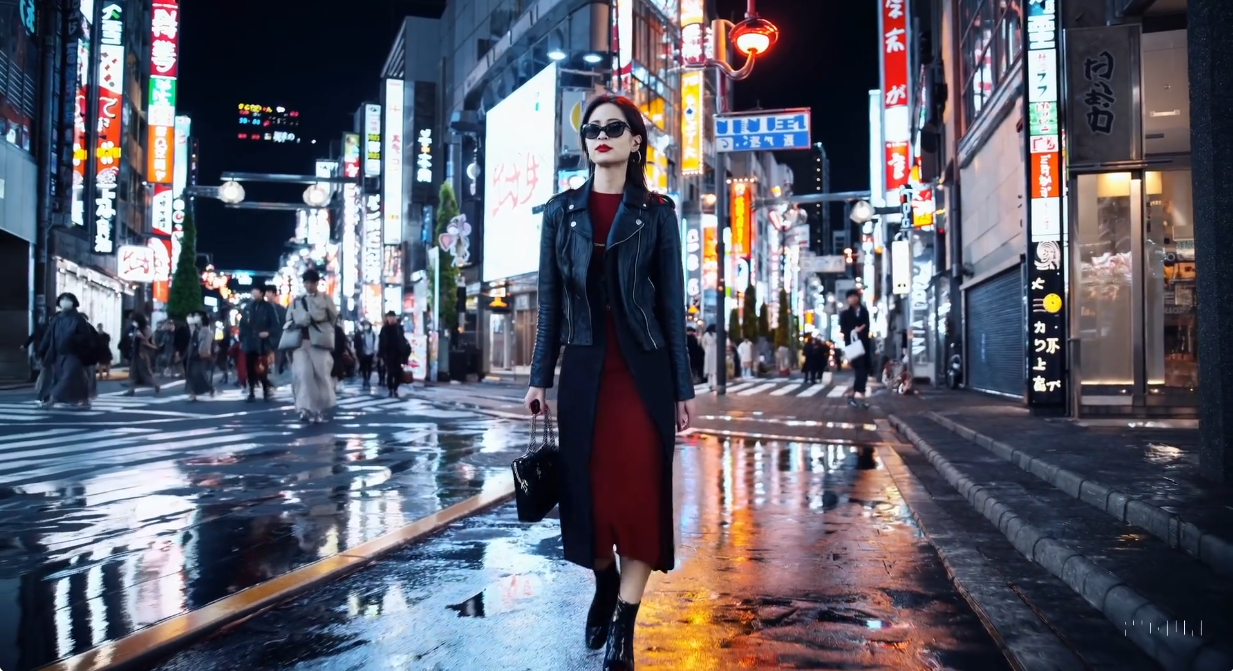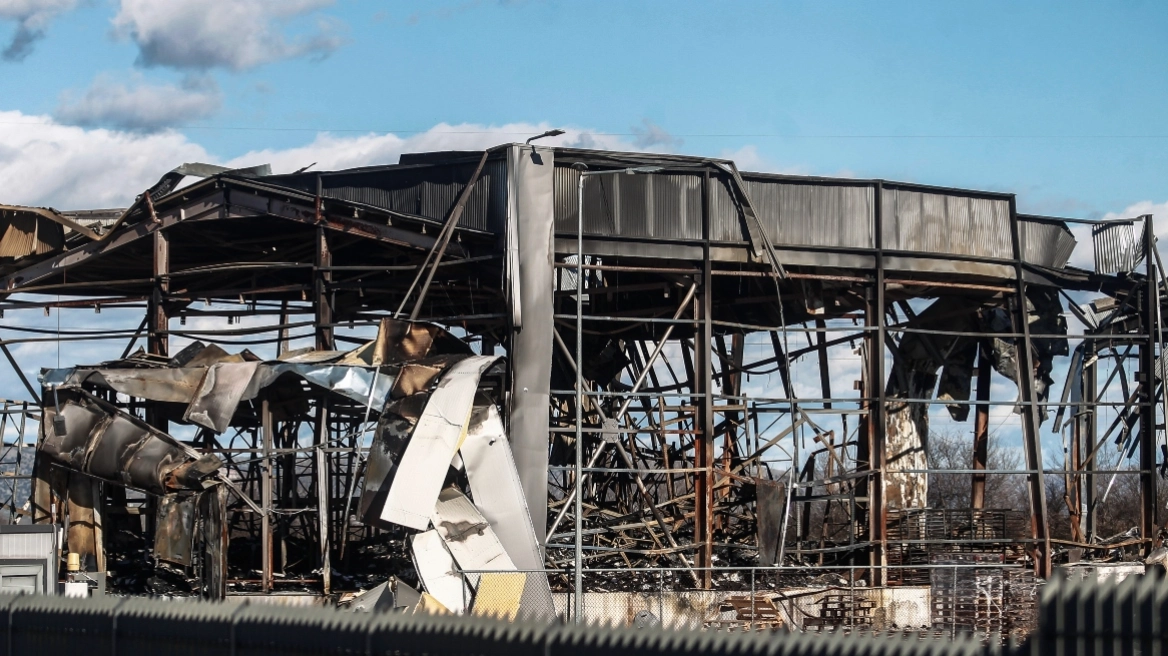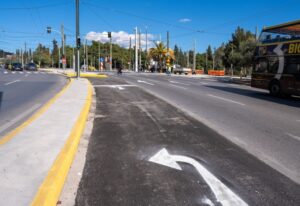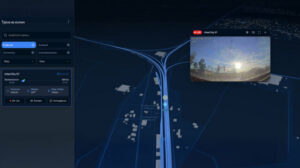OpenAI, the organization behind ChatGPT, has introduced a groundbreaking tool named ‘Sora,’ which can produce lifelike videos of up to one minute duration using simple text inputs, marking a significant advancement in artificial intelligence.
Built upon the research from DALL-E and GPT programs, this new platform is currently in the testing phase, as explained by the California-based startup backed by Microsoft. Despite this, they have showcased some videos along with the process of their creation.
According to OpenAI’s website, the tool is capable of crafting videos up to one minute in length while ensuring high visual quality and adhering to the user’s specifications.
‘Sora’ has the ability to construct intricate scenes featuring multiple faces, specific movements, and precise details, as outlined on the startup’s website.
https://t.co/rmk9zI0oqO pic.twitter.com/WanFKOzdIw
— Sam Altman (@sama) February 15, 2024
Additionally, ‘Sora’ enables the creation of videos from a single static image, as assured by the AI giant, and can even extend existing video content.
Sam Altman, the head of OpenAI, announced on the social media platform X that his company plans to grant access to a select group of creators for this new tool during an experimental phase.
He also encouraged users to offer suggestions for video creation, promptly uploading the most successful ones to the platform shortly after.
OpenAI cautioned that the current version of the platform has some limitations, such as confusing left and right and struggling to maintain visual consistency throughout the entire video.
“Odysseus” successfully launched: An attempt to put first private lander on the Moon
For instance, the company noted that while a person may be shown biting into a cookie, there might not be any evidence of the bite afterward.
With the introduction of this new tool, OpenAI emphasized the importance of safety and announced plans to conduct simulations with users tasked with generating errors or producing inappropriate content to better understand the platform’s boundaries.
‘We will engage decision-makers, educators, and artists globally to address their concerns and identify positive applications for this new technology,’ stated OpenAI.
Meta, Google, and Runway AI, all working on similar text-to-video applications, have already presented samples of their work.
Ask me anything
Explore related questions





